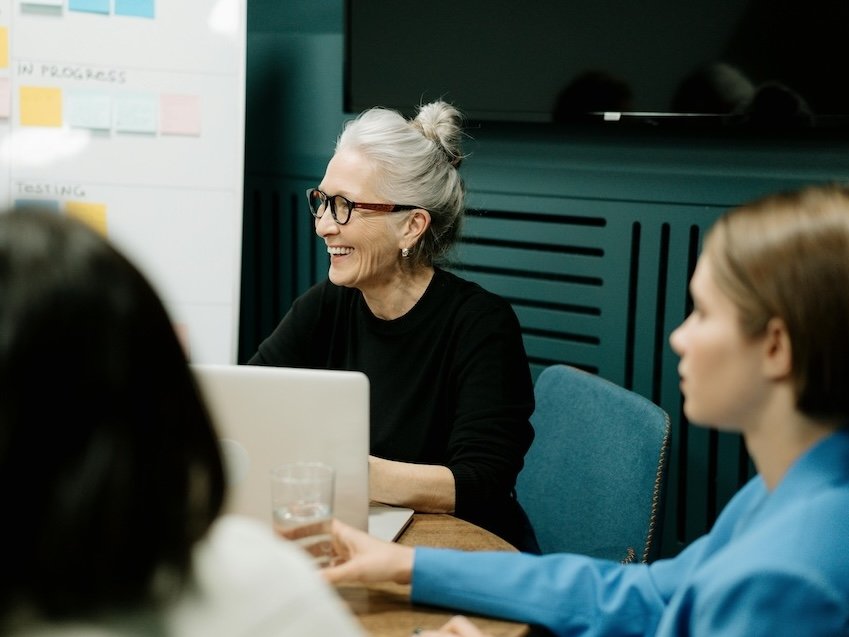What patient really want to know: results from the GHGA focus groups
- 21 Jul 2025
- Eric Placzeck
As part of its patient communication, GHGA held three focus groups in spring 2025. The aim was to understand diverse perspectives and communicative needs related to the development of a website. The purpose of the website is to inform people, who are facing the decision whether to share their genetic data for research or not, about the processes and implications.
A total of 20 people from different age groups took part in the group discussions. Patients with cancer or a rare disease, relatives and generally interested people were invited in order to represent a broad spectrum of views.
The discussions were divided into two blocks: Firstly, topics that people expect to find on the information portal were collated. This part was exploratory in nature: the focus was not on an evaluation of the statements or an in-depth discussion of the topics. In the second part, the participants discussed design drafts and a sample section of the website. Individual perceptions and assessments were given space here.
Evaluation and next steps
The analysis of the discussion is now complete. Participants shared clear expectations for what they want to see on the website. High on their list was greater transparency about the risks involved in sharing genetic data, along with a better understanding of how those risks might extend to family members. People also asked to see more concrete examples of how data is used after sharing. Both expert and patient perspectives were seen as essential, helping to ground the content in lived experience as well as professional knowledge
When it came to feedback on the sample section of the site, a few themes stood out. Participants favored a more direct and welcoming tone for visitors, alongside language that feels accessible and easy to understand. Again, the inclusion of expert and patient voices emerged as something people valued highly.
We are currently translating the collected statements into specific design and content recommendations. The aim is to develop a website that represents a range of opinions, while being both informative and accessible. We are looking forward to sharing the results and the first version of the information portal in the fall.






